- BACKGROUND & NEED
- INTRODUCTION
- OBJECTIVES
- MANUAL
- CI - CMTE - MOM - VOL
- CALENDAR - CAMPAIGNS
- EXTENSION ACTIVITIES
- CONTACT & LINKAGES
- DOWNLOADS
- PHOTO GALLERY
- SOCIAL MEDIA
- AWARD & ACCOLADES
BACKGROUND
The background of a technical club typically encompasses its origin, purpose, and the motivations behind its formation. Here is a general outline of the background of a technical club:
Purpose and Objectives: Technical clubs are established with the aim of providing a supportive environment for individuals with a common interest in technology. The purpose can vary based on the specific goals of the club, which might include skill development, knowledge sharing, project collaboration, networking, or creating a community of like-minded individuals.
Technical Focus: The background of a technical club is characterized by its focus on a particular technical domain. This can range from broad areas such as computer science or engineering to more specialized fields like artificial intelligence, cybersecurity, software development, robotics, or data science. The chosen focus reflects the core interests and expertise of the club’s members.
Membership and Leadership: Technical clubs typically have a diverse membership base comprising students, professionals, or individuals from various backgrounds who are passionate about the subject matter. The club may have elected or appointed leaders who oversee its operations, organize activities, and serve as a point of contact for external engagements
Collaborative Learning Environment: One of the key aspects of technical clubs is the creation of a collaborative learning environment. Members come together to exchange knowledge, share experiences, and support each other in their technical pursuits. This environment encourages hands-on learning, mentorship, and peer-to-peer interactions.
Engagement with the Community: Technical clubs often seek opportunities to engage with the broader community. This can involve organizing events, workshops, or seminars that are open to both club members and external participants. They may also collaborate with other organizations, educational institutions, or industry professionals to facilitate knowledge transfer and promote technical literacy.
Evolution and Growth: Over time, technical clubs may evolve and grow as they adapt to changing technologies, emerging trends, and the needs of their members. They may expand their activities, diversify their focus, or explore new areas of interest. Evolution and growth contribute to the club’s long-term sustainability and impact.
The background of a technical club is shaped by the collective aspirations, interests, and efforts of its members. It serves as the foundation for the club’s identity, activities, and its role within the technical community.
NEED
Technical clubs serve several important purposes and fulfill various needs within the technical community. Here are some key reasons why technical clubs are beneficial:
Skill Development: Technical clubs provide a platform for members to develop and enhance their technical skills. Through workshops, training sessions, coding challenges, and hands-on projects, members can gain practical experience and improve their abilities in specific areas of technology. The club environment fosters a culture of continuous learning and skill building.
Knowledge Sharing and Collaboration: Technical clubs bring together individuals who share a common interest in a specific technical field. This creates a vibrant community where members can exchange knowledge, share experiences, and collaborate on projects. By interacting with peers, members gain new perspectives, learn from different approaches, and expand their understanding of the subject matter.
Networking Opportunities: Technical clubs offer valuable networking opportunities within the technical community. Members can connect with like-minded individuals who share their passion for technology. These connections can lead to professional collaborations, mentorship relationships, job opportunities, and exposure to diverse career paths within the field.
Access to Resources and Expertise: Being a part of a technical club provides access to valuable resources and expertise. Clubs often have access to facilities, equipment, software licenses, and other resources that individual members may not have on their own. Additionally, technical clubs may invite guest speakers, industry professionals, or faculty members who can share their knowledge and provide guidance to club members.
Personal and Professional Growth: Technical clubs contribute to the personal and professional growth of their members. Through participating in club activities, members can enhance their problem-solving skills, develop critical thinking abilities, improve communication and teamwork skills, and gain leadership experience by taking on club roles and responsibilities. These skills are transferable and valuable in various professional settings.
Exposure to Emerging Technologies and Trends: Technology is constantly evolving, and staying up to date with the latest trends and advancements is crucial. Technical clubs often focus on emerging technologies and provide a platform for members to explore and experiment with these innovations. This exposure keeps members informed about the latest industry developments and prepares them for future challenges and opportunities.
Community Engagement and Impact: Many technical clubs engage in community outreach activities and social impact projects. By leveraging their technical skills, clubs can make a positive difference in the community. This can involve teaching coding to underprivileged students, organizing tech-related workshops for schools, or collaborating with non-profit organizations to solve technical challenges.
In summary, technical clubs fulfill the needs of skill development, knowledge sharing, networking, resource access, personal and professional growth, exposure to emerging technologies, and community engagement. They create a supportive and collaborative environment that empowers individuals to pursue their technical interests and make meaningful contributions to the field.
INTRODUCTION
Welcome to our technical club, a vibrant community dedicated to exploring, learning, and excelling in the world of technology. Our club brings together individuals who share a common passion for all things technical and provides a platform for skill development, knowledge sharing, and collaboration.
At our technical club, we believe in the power of hands-on learning and continuous growth. We offer a diverse range of activities and opportunities designed to enhance your technical skills, broaden your horizons, and connect you with like-minded individuals. Whether you are a student, a professional, or simply an enthusiast, our club welcomes everyone who is eager to delve into the exciting realm of technology.
By joining our club, you gain access to a supportive community that is committed to fostering your personal and professional growth. Through workshops, training sessions, and coding challenges, you can sharpen your technical abilities, explore new technologies, and stay up to date with the latest trends in the field. Our club environment encourages collaboration, enabling you to engage in team projects, share knowledge, and learn from one another’s experiences.
Networking is an essential aspect of our club. You’ll have the opportunity to connect with industry professionals, guest speakers, and fellow members who can provide valuable insights, mentorship, and potential career opportunities. The connections you make within our club can have a lasting impact on your professional journey, opening doors to new collaborations and partnerships
We understand the importance of community engagement and social impact. Our club actively seeks opportunities to give back by organizing community outreach programs, volunteering in technical initiatives, and leveraging our skills to make a positive difference. By being part of our club, you can actively contribute to creating a better future through technology.
Join us and embark on an exciting journey of exploration, growth, and innovation. Whether you aspire to become a software developer, an AI specialist, a robotics engineer, or simply want to broaden your technical knowledge, our technical club is here to support and inspire you. Together, let’s push the boundaries of technology, empower each other, and make a meaningful impact on the world around us.
Welcome to our technical club, where passion meets opportunity and where your technical dreams can become a reality.
This program also provides students with the academic foundation they’ll need to successfully pursue a bachelor’s degree. It unifies various branches of computer science and also symbolizes the importance of one branch in the other. Comprehensive evaluation of the students by the concerned coordinator of NCC / NSS / Cultural Clubs
Technical Clubs as per the evaluation schemes worked out by these activity societies, organizations at the institution / University level . These activities shall start from the 1st semester and the evaluation shall be conducted at the end of the 6th semester for students admitted in the first semester.
Here are some of the areas available at Tecnia Institute of advanced studies:
DATA SCIENCE
The major goal would be to increase campus awareness of data science. Students that are generally interested in various facets of data mining, predictive modeling, big data, and data visualization should join this group. Lectures, workshops, conversations, practicing through skill-building exercises, and competition preparation are all examples of activities.
ARTIFICIAL INTELLIGENCE
AI systems work by ingesting large amounts of labeled training data, analyzing the data for correlations and patterns, and using these patterns to make predictions about future states. In this way, a Chatbot that is fed examples of text can learn to generate lifelike exchanges with people, or an image recognition tool can learn to identify and describe objects in images by reviewing millions of examples. New, rapidly improving generative AI techniques can create realistic text, images, music and other media.
OBJECT ORIENTED PROGRAMMING
Object-oriented programming (OOP) is a computer programming model that organizes software design around data, or objects, rather than functions and logic. An object can be defined as a data field that has unique attributes and behavior.
INTRODUCTION TO PROGRAMMING LANGUAGE USING C
C is a procedural programming language initially developed by Dennis Ritchie in the year 1972 at Bell Laboratories of AT&T Labs. It was mainly developed as a system programming language to write the UNIX operating system. if a person learns C programming first, it will help him to learn any modern programming language as well. As learning C help to understand a lot of the underlying architecture of the operating system. Like pointers, working with memory locations, etc.
JAVA PROGRAMMING
Java is a powerful general-purpose programming language. It is used to develop desktop and mobile applications, big data processing, embedded systems, and so on. According to Oracle, the company that owns Java, Java runs on 3 billion devices worldwide, which makes Java one of the most popular programming languages.
MACHINE LEARNING USING PYTHON
To become an expert in machine learning, you first need a strong foundation in four learning areas: coding, math, ML theory, and how to build your own ML project from start to finish. Begin with Tensor Flow’s curated curriculums to improve these four skills
DEEP LEARNING
Deep learning is a subset of machine learning, which is essentially a neural network with three or more layers. These neural networks attempt to simulate the behavior of the human brain—albeit far from matching its ability—allowing it to “learn” from large amounts of data.
- Web based Programming
- Software Development
- Network Programming
- Artificial Intelligence
- Database Management System
This program also provides students with the academic foundation they’ll need to successfully pursue a bachelor’s degree. This hands-on curriculum is designed to help students gain experience using Java, JavaScript and HTML code. In addition, some the essential transferable skills they will develop. Joining a technical club in college can have a range of positive outcomes for students
OBJECTIVES
- To nurture leadership and creativity skills in students.
- To form a platform for strengthening industry linkages
- Improve and upgrade technical knowledge of students by involving them in various technological fests, competitions, seminars and workshops and thus providing them an exposure to technical world
- To ensure the Internet is a global public resource, open and accessible to all.
- Building and innovating on open source projects that keep the web open.
- Encourage open source culture in the campus.
- To driving students to actively participate and learn from Alumni, faculty and peers
- To conduct events that help students to learn new technologies.
- To help students to evolve as a competent Computer Science Engineer. MIND Spark
- To drive students to actively involved in learning emerging technologies in the area of Machine Learning, IoT, Networks and Data Science .
- To promote competitive programming within college.
- To organize programming events and meets
- To organize programming competitions.
- To enhances the technical innovativeness of our institute students by organizing the workshops and competitions on various technical level in order to attract the interest of the students towards technical aspects of their education.
- To provide a platform where the students can put their innovative efforts and clear their doubts to transform them into reality.
Overall, joining a technical club in college can have a range of positive objectives for students
IMPLEMENTATION PLAN
The objectives have been realized through implementation of the following programmes launched over the years:-- Robot war
- Website Development
- Software Development
- Workshop
- IOT
- Data Science Project
- Image Processing
- Deep learning Project
MANUAL
A manual in a technical club can serve as a guide or reference document for the club’s members. It can outline the club’s objectives, activities, policies, and procedures. Here are some key components that can be included in a manual for a technical club:
- Introduction: Provide an overview of the club, its purpose, and its goals. Explain the importance of the club and how it contributes to the technical community.
- Membership: Outline the criteria and process for becoming a member of the club. Include information on membership fees, benefits, and responsibilities.
- Club Activities: Describe the various activities and events organized by the club, such as workshops, seminars, competitions, and guest lectures. Provide details on how these activities are planned, executed, and evaluated.
- Club Governance: Explain the club’s organizational structure, including the roles and responsibilities of club officers and committees. Define the election or appointment process for club leaders.
- Code of Conduct: Establish a code of conduct that outlines expected behavior and ethical standards for club members. This can include guidelines for respectful communication, collaboration, and professionalism.
- Club Resources: Provide information on the resources available to club members, such as club facilities, equipment, software, and online platforms. Explain how members can access and utilize these resources.
- Collaboration with other Clubs or Organizations: Describe any collaborations or partnerships the club has with other technical clubs, academic institutions, or industry organizations. Highlight any joint events or projects that the club participates in.
- Financial Guidelines: Outline the club’s financial management procedures, including budgeting, fundraising, and expense reimbursement processes. Provide transparency in financial transactions and reporting.
- Communication Channels: Specify the official communication channels used by the club, such as email lists, social media platforms, or a club website. Explain how members can stay updated on club announcements, events, and important information.
- Risk Management and Safety: Address any safety protocols or guidelines that need to be followed during club activities. Identify potential risks and measures to mitigate them.
It’s important to regularly review and update the club manual to reflect any changes in club policies, activities, or procedures. This ensures that all members have access to accurate and up-to-date information about the club
EXTENSION ACTIVITIES
|
CONTACT & LINKAGES
|
AWARD & ACCOLADES
|
||||||||||||||||||||||||||||||||||||
- Webpage Incharge : Mrs. Geeta Rani




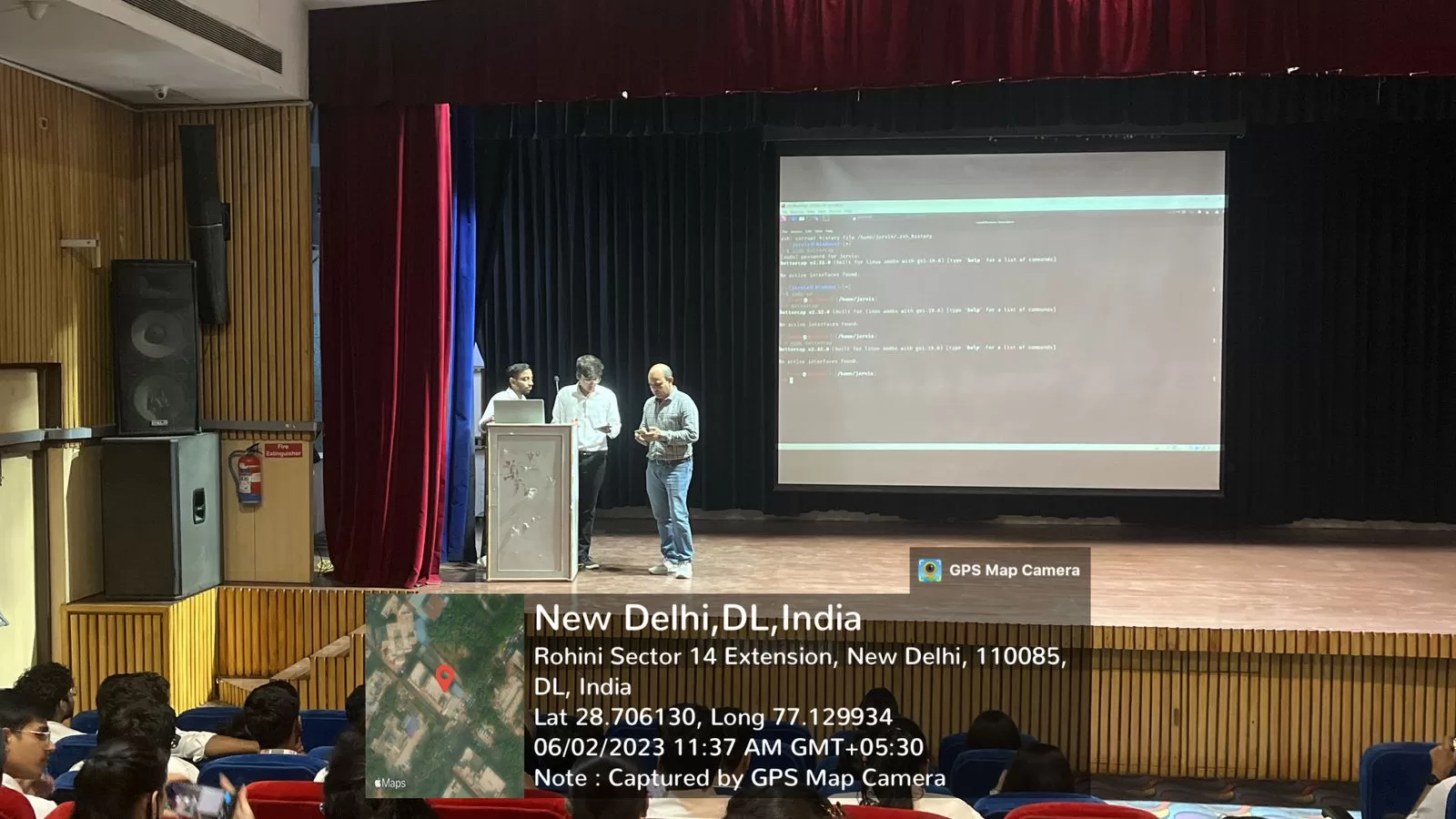
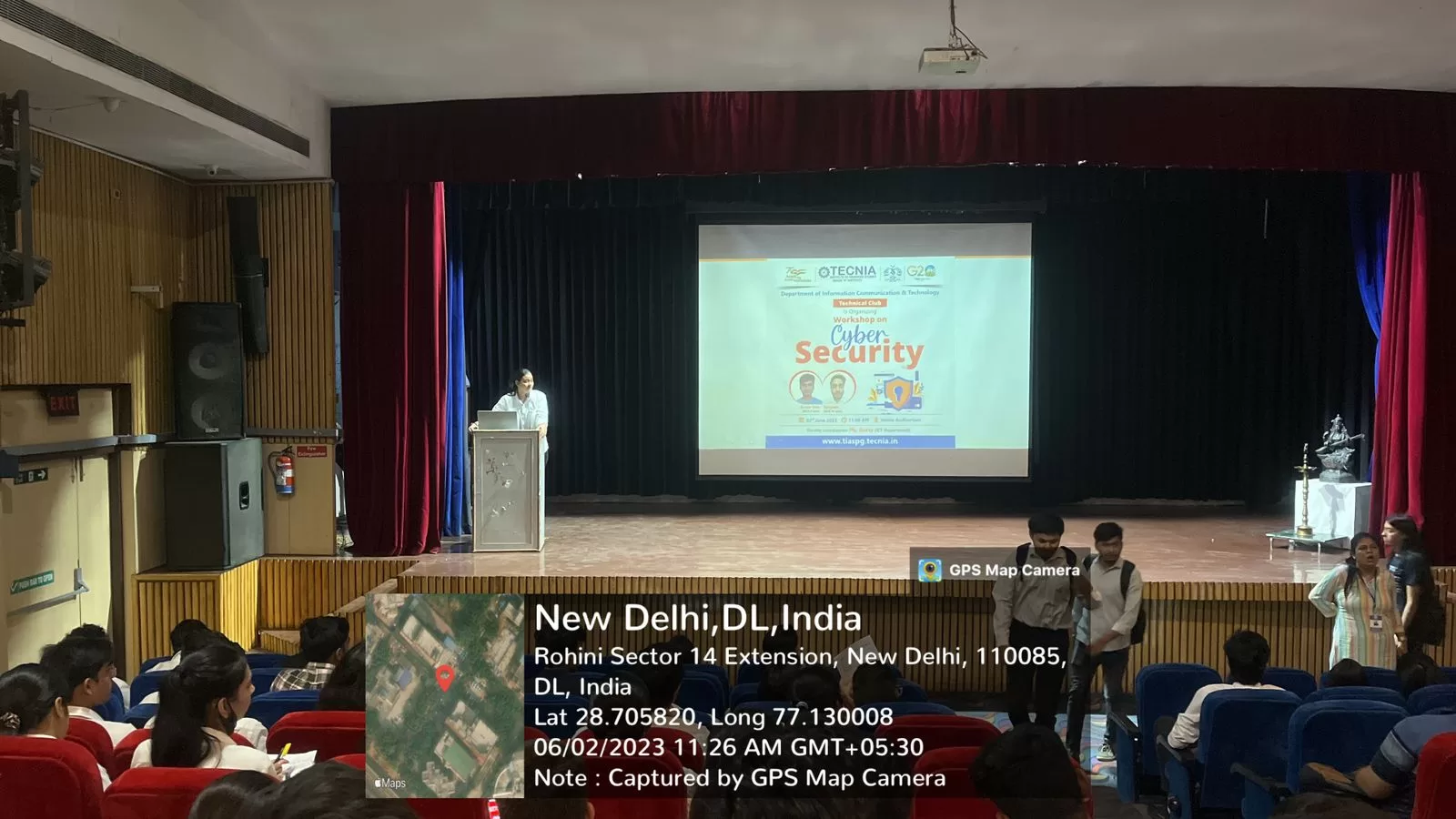
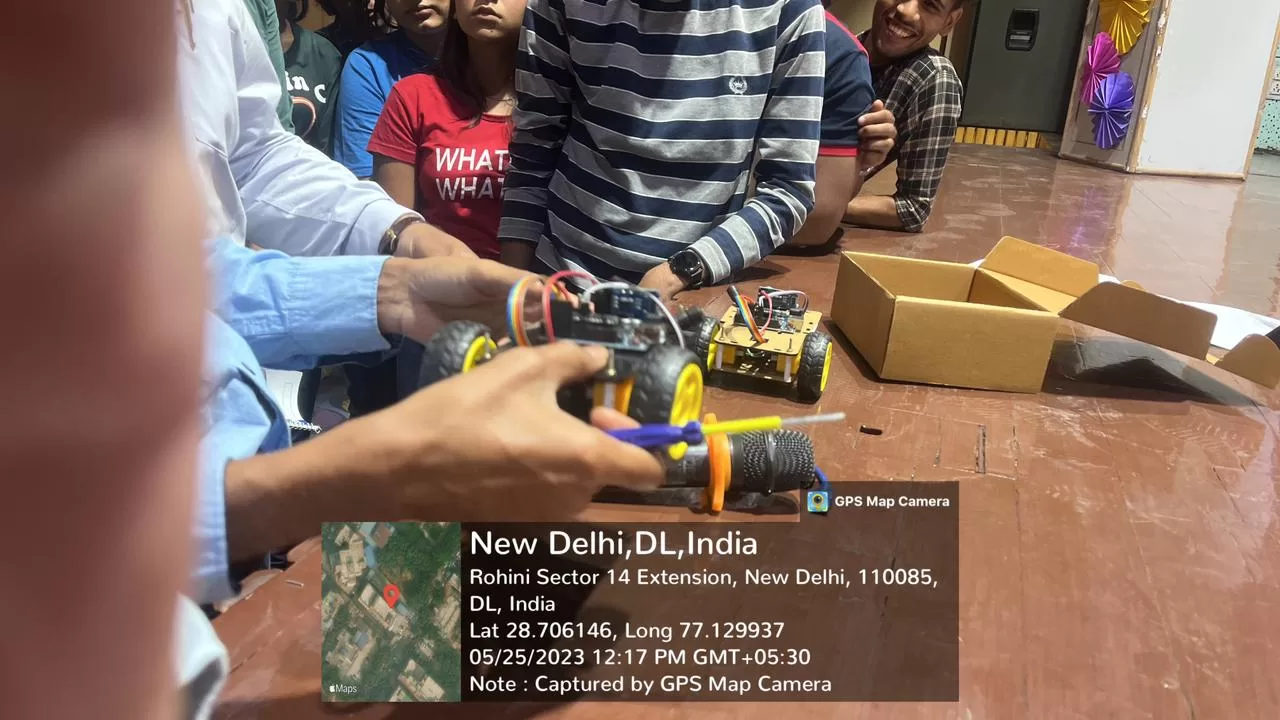
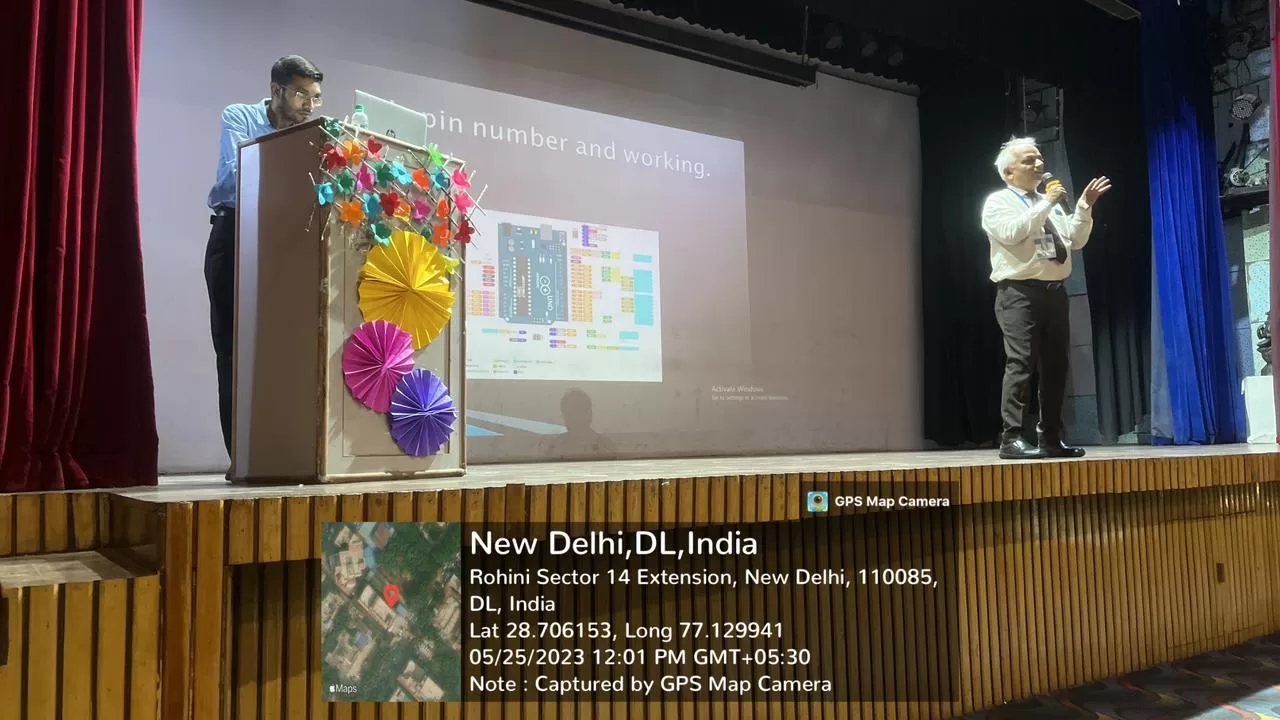
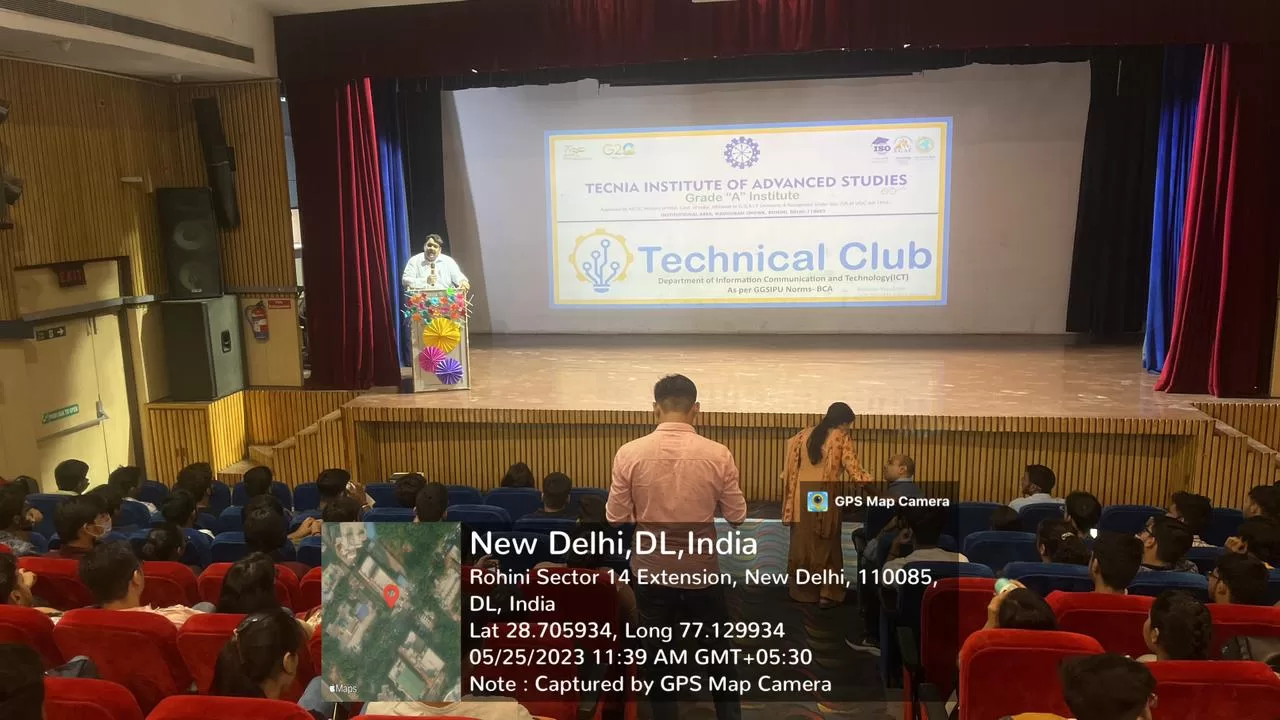
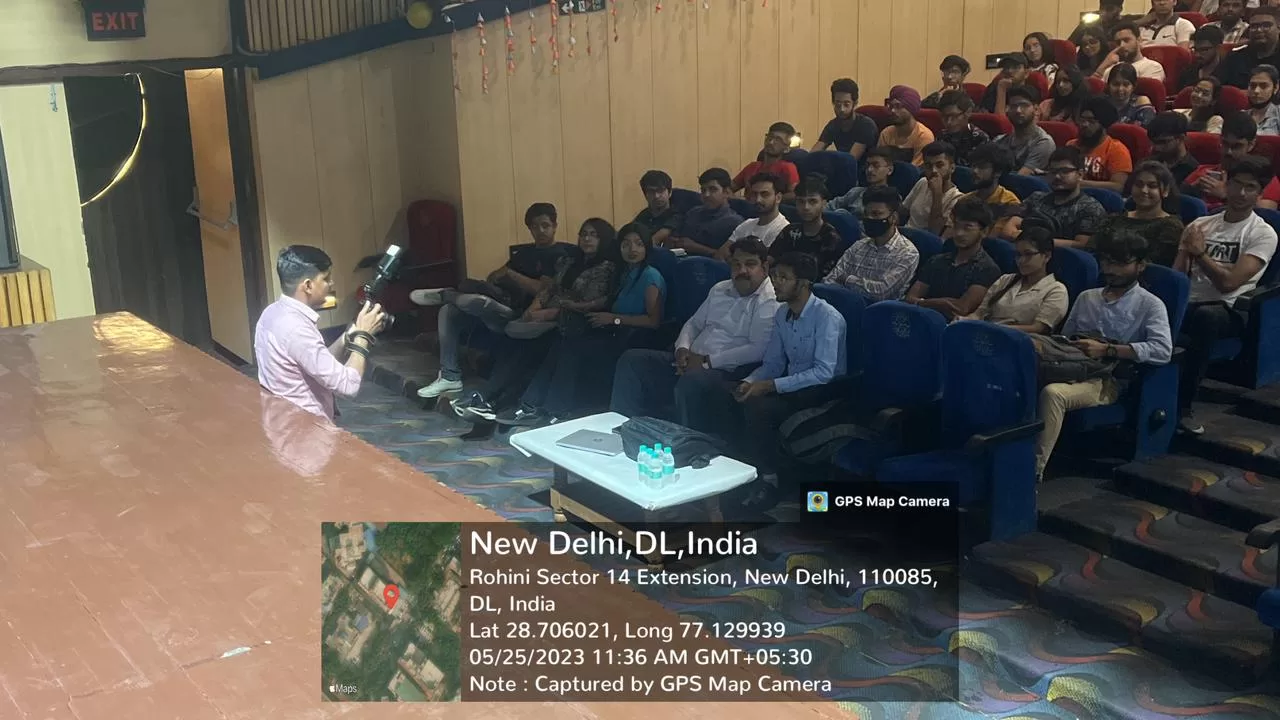
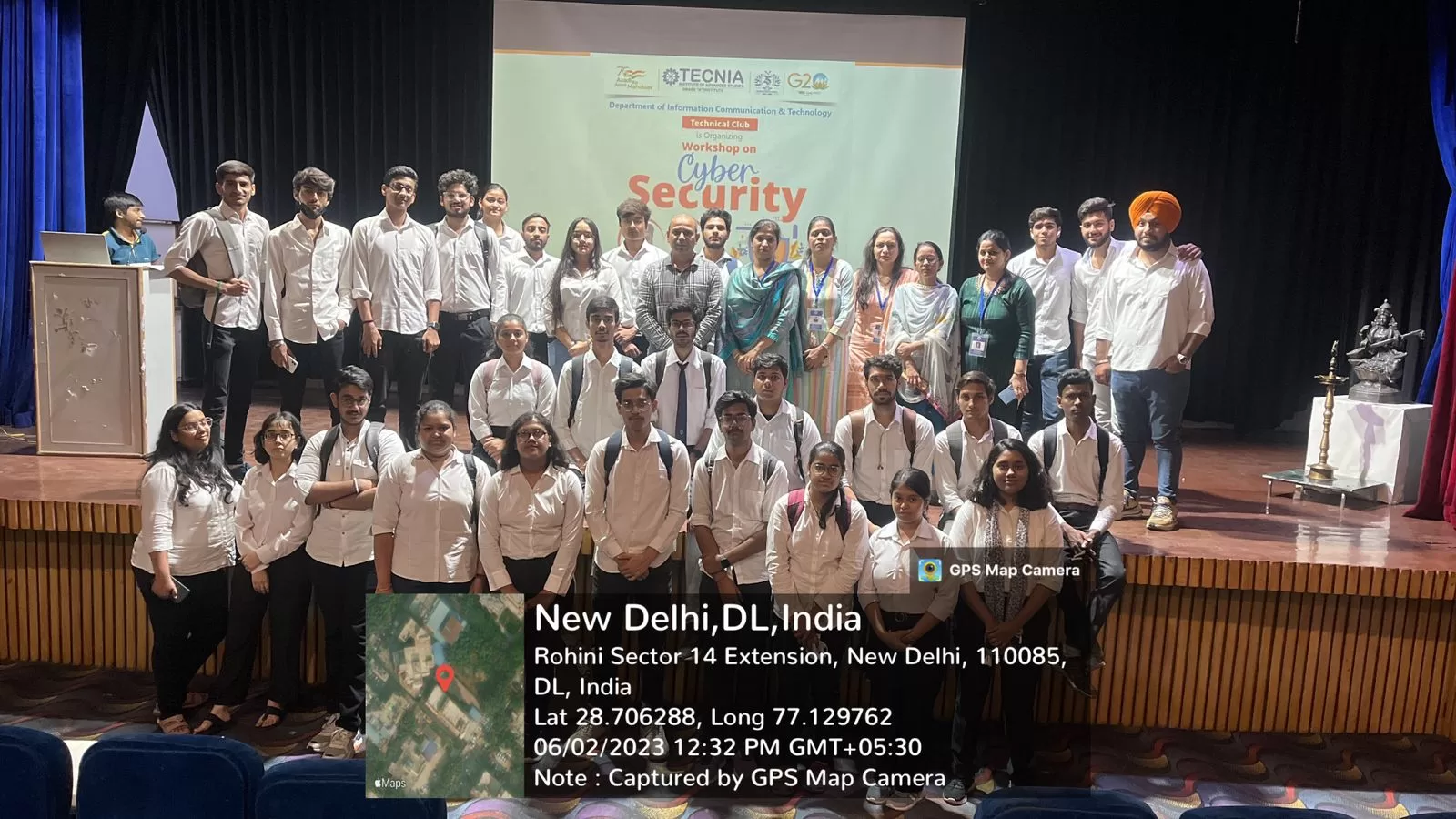





SOCIAL MEDIA Connect with US